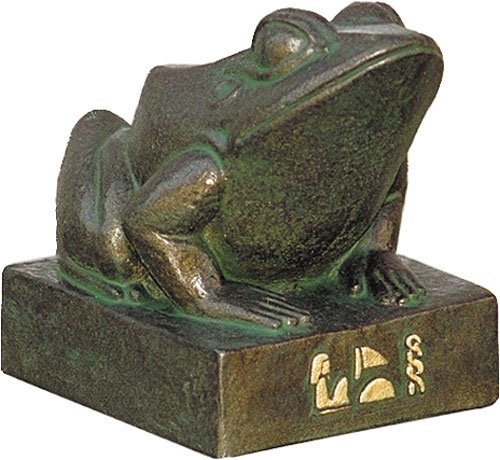- 12 Oct 2016 21:11
#14726160
It is life itself.
When the Church is under attack, it must be defended. Even Buddhists have a martial tradition.
This is pretty much a rehashing of Hindu cosmology. What you are describing is the Kali Yuga, a topic that reactionaries are very interested in.
If you regularly use a computer or operate some other machine of Western ingenuity, you are effectively living within a process of Christendom's material immanentization, however imperfect it may be. This is why Frithjof Schuon disliked Christianity, he effectively blamed it for creating the modern world. René Guénon also considered Enlightenment secularism to be a Christian sect.
Atlantis wrote:What will are we talking about here? The will to conquer?
It is life itself.
Plato wrote:To prefer evil to good is not in human nature; and when a man is compelled to choose one of two evils, no one will choose the greater when he might have the less.
St. Paul wrote:I do not understand what I do. For what I want to do I do not do, but what I hate I do. And if I do what I do not want to do, I agree that the law is good. As it is, it is no longer I myself who do it, but it is sin living in me. For I know that good itself does not dwell in me, that is, in my sinful nature. For I have the desire to do what is good, but I cannot carry it out. For I do not do the good I want to do, but the evil I do not want to do—this I keep on doing.
St. Augustine wrote:Once for all, then, a short precept is given thee: Love, and do what thou wilt: whether thou hold thy peace, through love hold thy peace; whether thou cry out, through love cry out; whether thou correct, through love correct; whether thou spare, through love do thou spare: let the root of love be within, of this root can nothing spring but what is good.
Jakob Böhme wrote:God wills in man only that which is good, in the kingdom of his grace; where the free will yields itself up into the grace, there God wills that which is good in the will, through the grace.
Arthur Schopenhauer wrote:Every time a man is begotten and born, the clock of human life is wound up anew to repeat once more its same old tune that has already been played innumerable times, movement by movement and measure by measure, with insignificant variations.
Friedrich Nietzsche wrote:The mechanistic world is imagined only as sight and touch imagine a world (as "moved") --so as to be calculable-- thus causal unities are invented, "things" (atoms) whose effect remains constant...If we eliminate these additions, no things remain but only dynamic quanta, in a relation of tension to all other dynamic quanta: their essence lies in their relation to all other quanta, in their "effect" upon the same. The will to power is not a being, not a becoming, but a pathos --the most elemental fact from which a becoming and effecting first emerge.
I really don't understand why you profess an interest in religion. Your opinions seem to be much more in line with ideologies such as fascism which is devoid of Christian compassion.
When the Church is under attack, it must be defended. Even Buddhists have a martial tradition.
That Buddhism may decline is in line with Buddhist historiography which teaches that human abilities to gain insight decline as time moves on. In future, people will no longer be able to understand the true teaching.
This is pretty much a rehashing of Hindu cosmology. What you are describing is the Kali Yuga, a topic that reactionaries are very interested in.

As to Christianity, it has become an empty shell and Islam degenerates into an ideology for retards.
If you regularly use a computer or operate some other machine of Western ingenuity, you are effectively living within a process of Christendom's material immanentization, however imperfect it may be. This is why Frithjof Schuon disliked Christianity, he effectively blamed it for creating the modern world. René Guénon also considered Enlightenment secularism to be a Christian sect.
BIDEN 2020












 - By Rich
- By Rich - By Fasces
- By Fasces